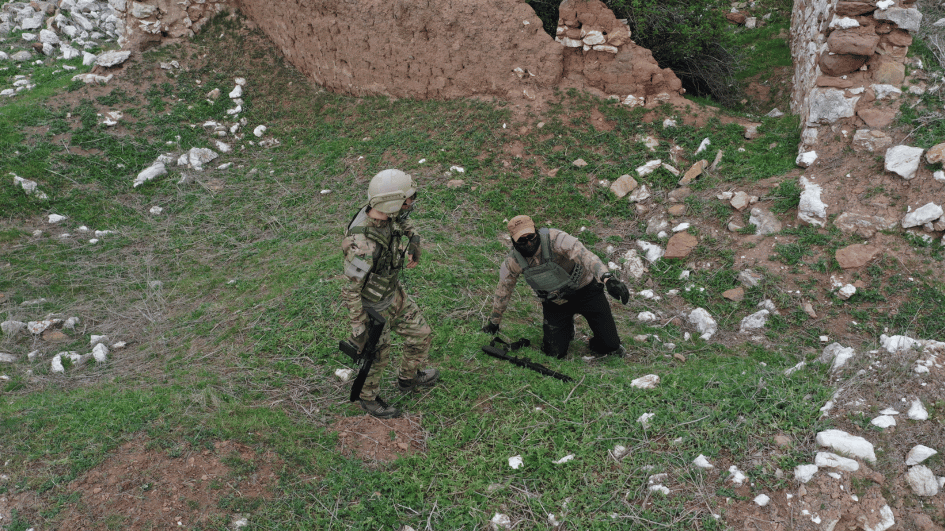WTO in today’s changing world
BOZKURT ARAN
The visit of Pascal Lamy, the Director General of the World Trade Organization (WTO), is quite timely in light of the current state of the multilateral trading system, regarded by most as frustrating.The main imperative of the WTO is to provide nations with rules applicable to trade among them. It reviews and ensures that the rules set by the organization are adhered to, so as to enable a free, fair and smooth functioning of the system. The rules are legally binding for all members and are adopted unanimously by all. Current membership stands at 159 countries including the most recent accessions.
The Russian Federation has adopted as their own domestic regulations a large bulk of legislation that exceeds 750 pages. There is of course merit in becoming a member of the WTO.
The other mandate given by the founders, stipulates that the WTO would serve as the negotiating platform where the rule-making process continues as the need arises within the international system.
The quest to maintain the stability of the system and the responsibility to adapt to changing times are objectives of the WTO that should be fulfilled simultaneously. Now the real question: how did the WTO score in the last decade? Not too well, is the answer.
It is obvious even at the peak of the crisis that the system had not gone into meltdown. It stood as a bulwark against the threat of protectionist tendencies and contributed substantially to the global market, often being referred to as part of the solution. On the other hand, the fact that the Doha Round still remains incomplete raises the question of the effectiveness of the WTO. Some argue forcefully that since the WTO is no longer able to fulfill its function of expanding liberalization, countries will feel free to embark on another path, examining possibilities for regional or bilateral trade agreements.
The WTO is going through an immensely difficult time, in which certain unavoidable tectonic shifts regarding the overall world order have started to dent the very nature of the system. The system has not been able to deliver the Doha Development Round. The synergy created by major trading countries was not sufficient to adopt new rules and continue with the liberalization process, as was the case with previous eight rounds which completed successfully.
The increasing weight of the emerging economies has altered the way business is usually done at the WTO. The quests to reach regional free trade agreements such as an EU-USA Free Trade Agreement and a Trans-Pacific Partnership Agreement and the increasing weight of emerging countries on the others have exerted unwarranted pressures on the system. The Doha Development Round had been one of the early casualties. The proliferation of free trade agreements will create further complications for the system. The sacred values of the WTO such as reliability, transparency and fairness will be put under immense strain. The 9th Ministerial Conference at Bali is expected to provide us with renewed encouragement.
Emerging economies such as Turkey have benefitted from the system and wish to see a well functioning WTO continue. The WTO is a “member-driven organization” where the responsibility lies on the shoulders of the members, who are expected to deliver so that the system continues to work smoothly and the WTO becomes more functional.
Bozkurt Aran is the director of the Center for Multilateral Studies (TEPAV) and ambassador and former permanent representative of Turkey to the WTO.











